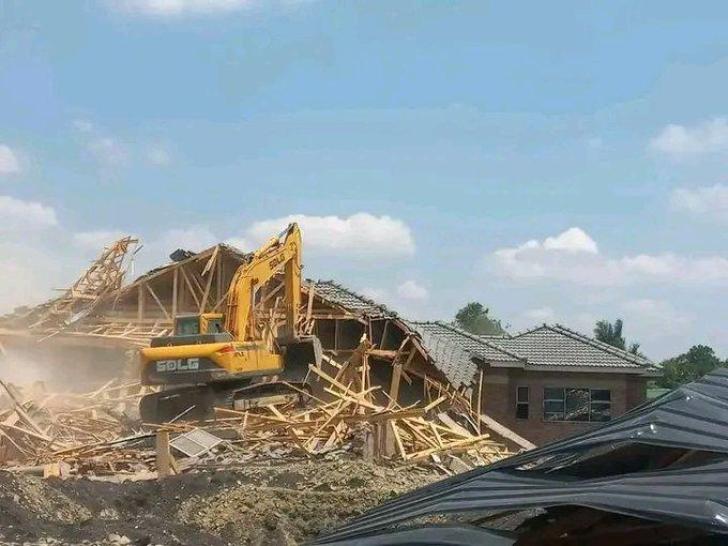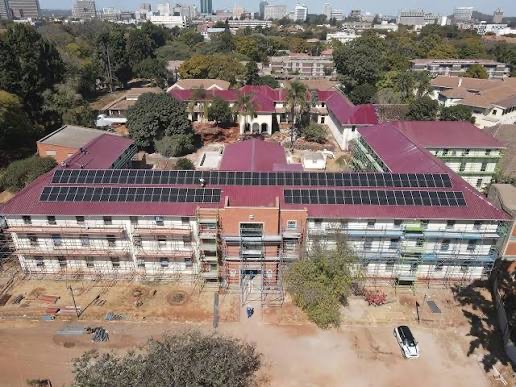By Staff Reporter
Harare – The City of Harare has raised concern over the growing number of land barons invading protected land, particularly wetlands, and using the legal system to delay or block enforcement efforts.
According to city officials, more than 144 sites in the capital have been illegally occupied by land developers, prompting council authorities to seek redress through the courts — a process they say is being manipulated by the offenders.
Appearing before parliament’s thematic committee on climate change on Monday, City of Harare housing director Addmore Nhekairo said land barons have resorted to what he described as “lawfare” — the strategic use of legal proceedings to frustrate the city’s attempts to halt illegal developments.
“There is now a tendency by some of these invaders, what I can call lawfare, where they quickly rush to the courts with dirty hands and apply for, say, spoliation orders, where they seek to regain what they feel they are being repossessed in terms of that piece of land. And we will be in courts for two years,” said Nhekairo.
“Meanwhile, developments will be taking shape. When council finally wins its case, we now take restorative action to ensure that whatever has been done wrongly is rectified.
“This is the challenge that we are having, but when I spoke of 144 sites invaded, I was basically talking of the preponderance by land barons to take occupation of municipal land illegally,” added Nhekairo.
The illegal developments, which include housing structures built on wetlands, roadsides, and other undesignated areas, have raised significant environmental concerns, especially in light of Harare’s fragile water ecosystem.
At the same session, the Environmental Management Agency (EMA) confirmed that it has received an increasing number of applications for the regularisation of developments on wetlands.
Christopher Mushava, the agency’s acting director general, said EMA has so far received 152 applications for proposed developments in wetland areas.
“The agency has so far received a total of 152 applications for proposed developments in wetlands.
“It’s quite a huge number and these applications include Environmental Impact Assessment applications by the developers and proposed subdivisions or change of land use applications by the city and the department of spatial planning to us.
It is a positive that at least now we are communicating in terms of what needs to be done,” Mushava said.
Environmental advocates have long warned that continued encroachment on Harare’s wetlands poses a threat to water security, biodiversity, and climate resilience, while policy experts have called for stronger enforcement mechanisms to hold land invaders accountable.



